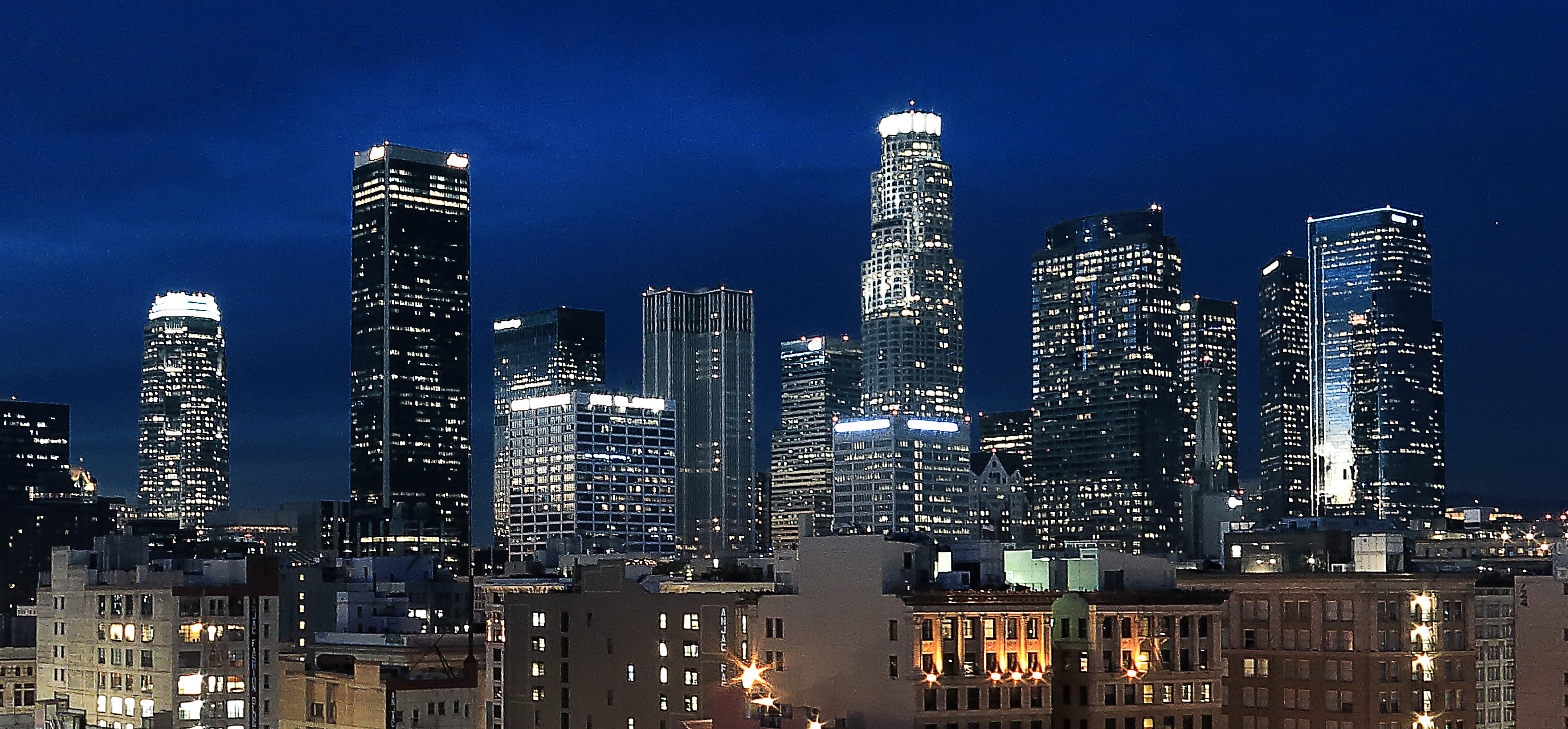“Ukrainegate”: Leaker, Whistleblower, Spy?
By Candice Delmas
“I love WikiLeaks!” declared Donald Trump in October 2016, applauding the organization’s release of a trove of emails hacked from Hillary Clinton’s campaign Chairman John Podesta’s account. However, since he occupies the Oval Office, President Trump no longer likes whistleblowers. In short order, he instructed the Justice Department to seek the arrest of WikiLeaks founder Julian Assange for publishing secret military files leaked by Chelsea Manning. In March 2017, railing against the proliferation of leaks from his White House, including those alleging collusion between his team and Russia, Trump tweeted: “The real story that Congress, the FBI and all others should be looking into is the leaking of Classified information. Must find leaker now!” But the leakers kept leaking, anonymously and profusely, revealing Trump’s conflicts of interest, disregard for democratic norms, and general unfitness for the office.



